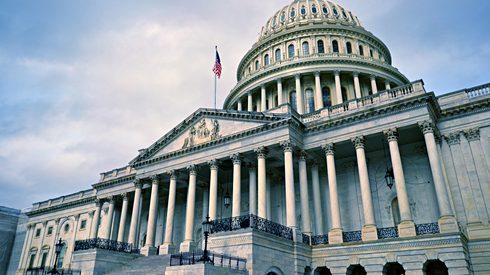Brazil’s biodiesel mandate will be raised from the current 10% level (B10) to 12% (B12) from April, with a progressive ramp-up in mandates scheduled to reach 15% (B15) by 2026, the country’s national energy policy committee CNPE decided Friday, March 17.
The biodiesel sector celebrated the decision.
“This initiative brings juridical predictability for the biodiesel sector to intensify its investments and puts Brazil in the pathway to lead global diesel decarbonization efforts,” Brazil’s vegetable oils association (Abiove) said in a note immediately after the announcement.
The increase in the blending mandate came in broadly aligned with industry expectations, although the announced ramp-up schedule is more cautious than the country’s biodiesel sector had advocated for.
Brazil’s vegetable oils association (Abiove), Brazil’s biofuels producers’ association (Aprobio), Brazil’s union of biodiesel and biokerosene (Ubrabio) and the national union of household agriculture and solidarity-based economy (Unicafes) had told Fastmarkets Agriculture at the end of February that the sector believed B15 could be reached by March 2024.
The industry greatly expected the announcement as it means higher domestic demand for biodiesel and upstream products, particularly soy oil, which represents about 70% of the feedstock used to produce biodiesel in Brazil.
Brazil’s biodiesel blending mandate has reached a maximum of B13 and was first scheduled to reach B15 in March 2023.
However, the mandate was reduced to B10 in 2021 as the government attempted to control domestic inflation and the blending mandate has since remained at that level.
The impact on demand for soy oil
According to estimates that Abiove shared with Fastmarkets at the beginning of the year, the mandated increase to B12 will lift Brazil’s soy oil demand from the biodiesel sector by about 800,000 tonnes annually.
Brazil’s 2022-23 soybean crush is estimated at 52.7 million tonnes according to the country’s food agency Conab’s latest update, with soy oil and soy meal output pegged at 40.4 million tonnes and 10.8 million tonnes, respectively.
That number might be revised downwards in Conab’s April update as the current estimates still considered a mandated increase to B15 in March.
That said, Brazil’s soy oil export program has been extremely robust since the beginning of the marketing year, and any possible downgrade in Conab’s domestic consumption figures may be offset or more than offset by higher export numbers.







